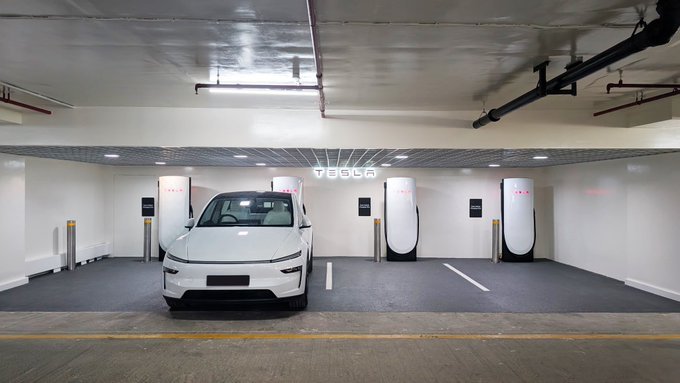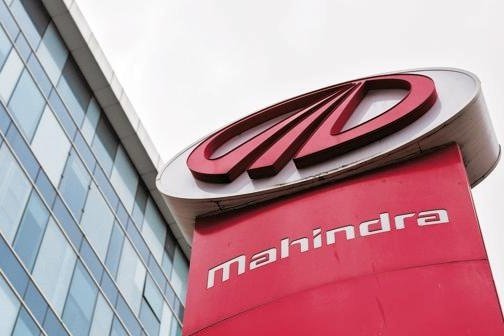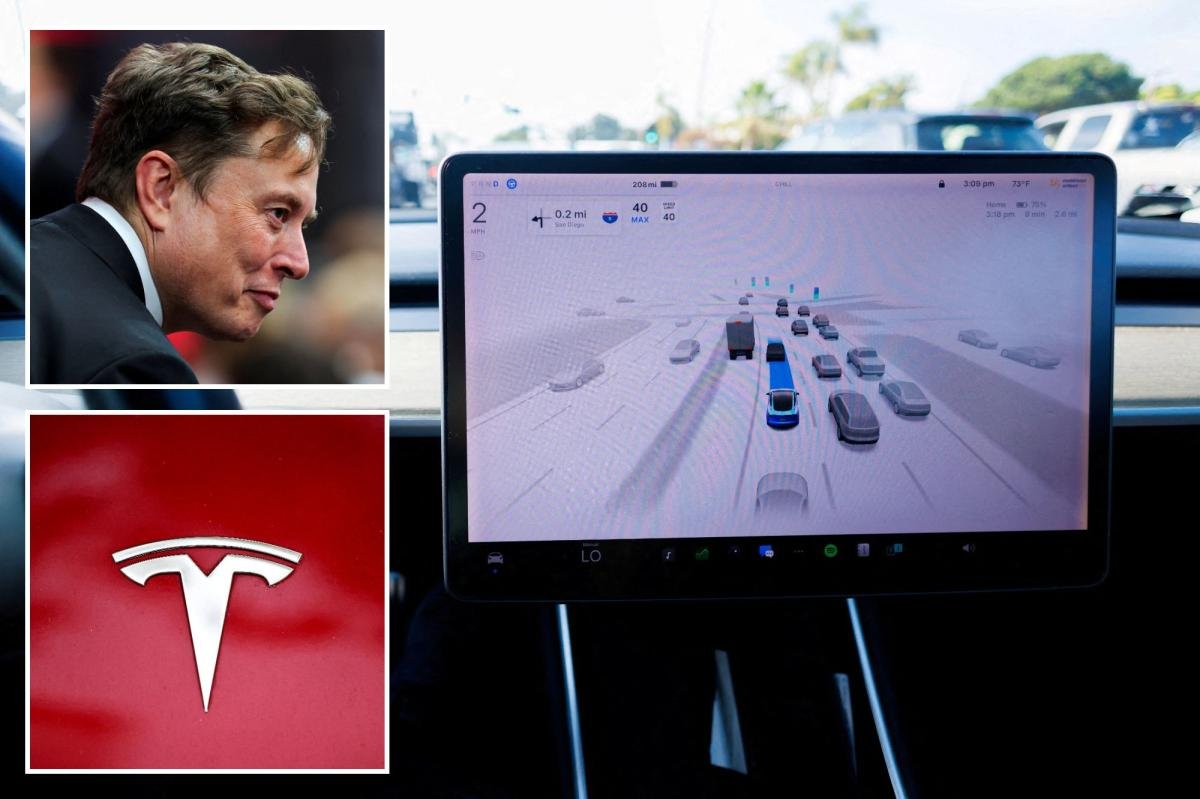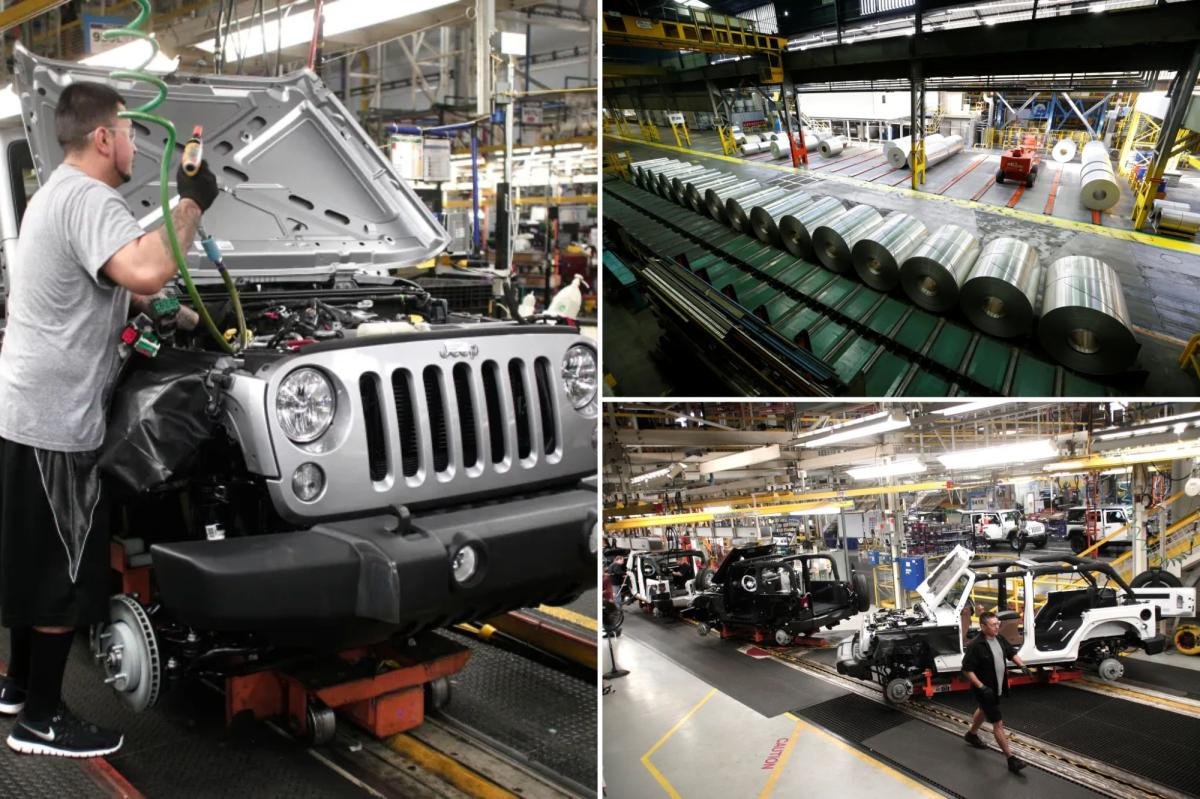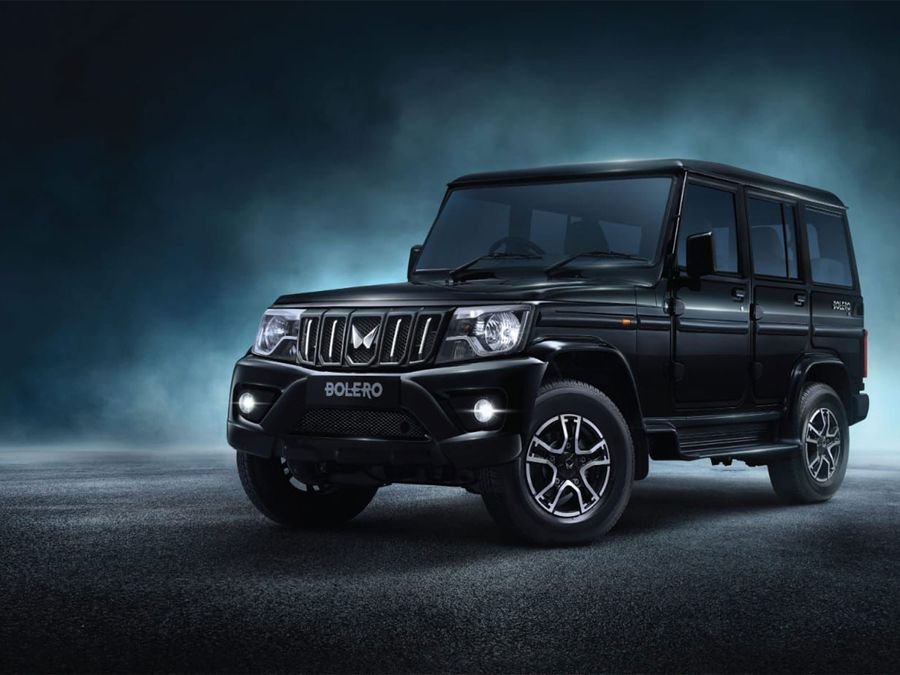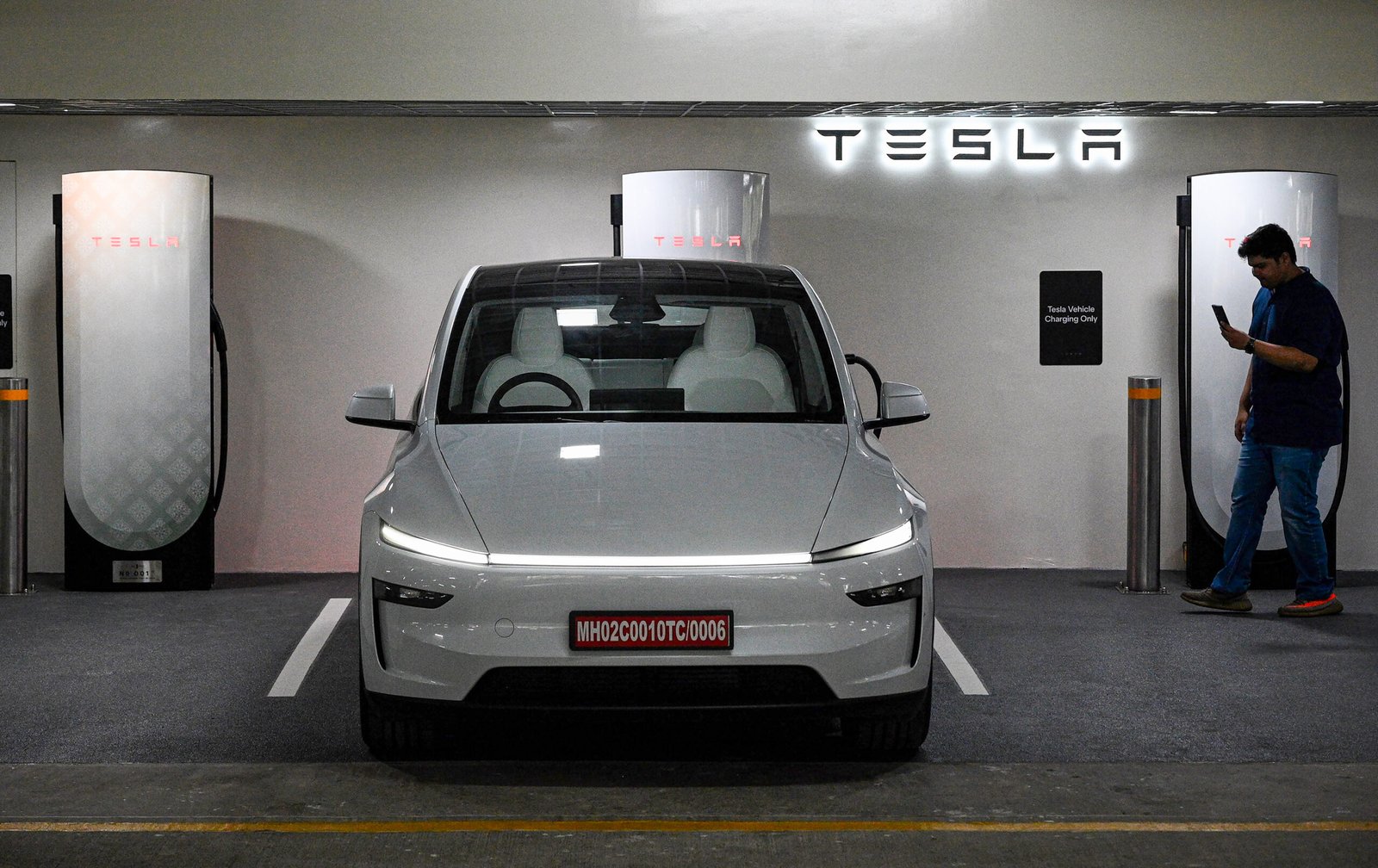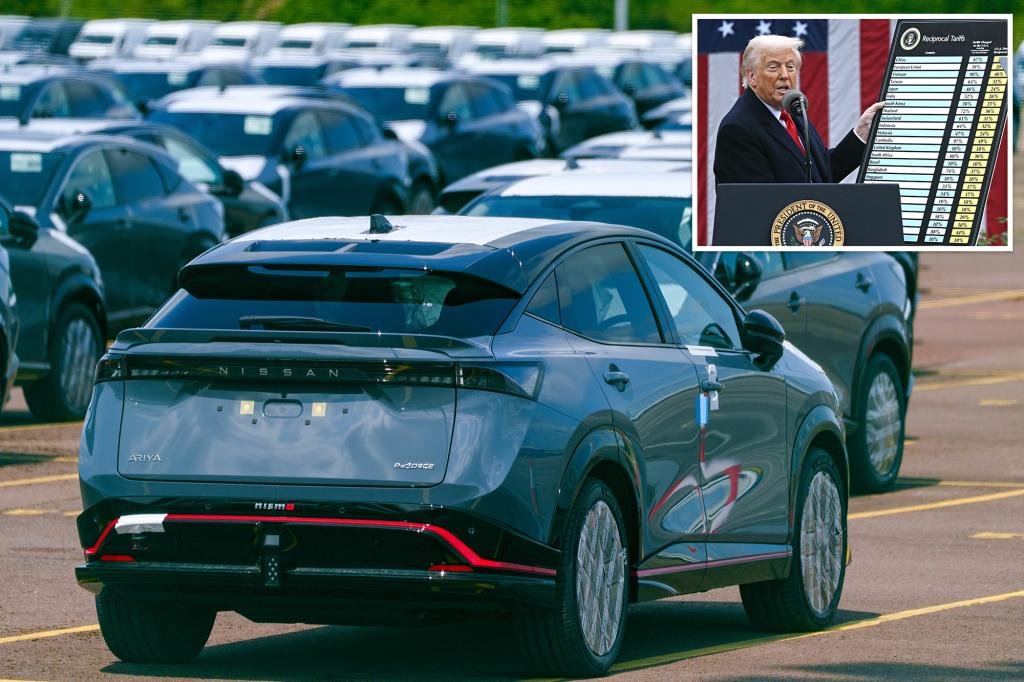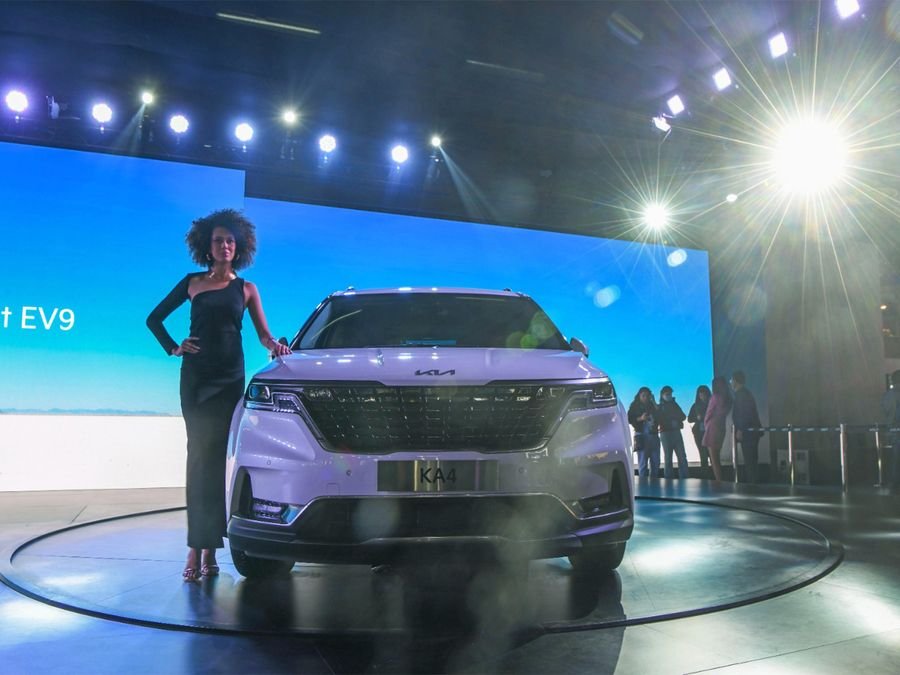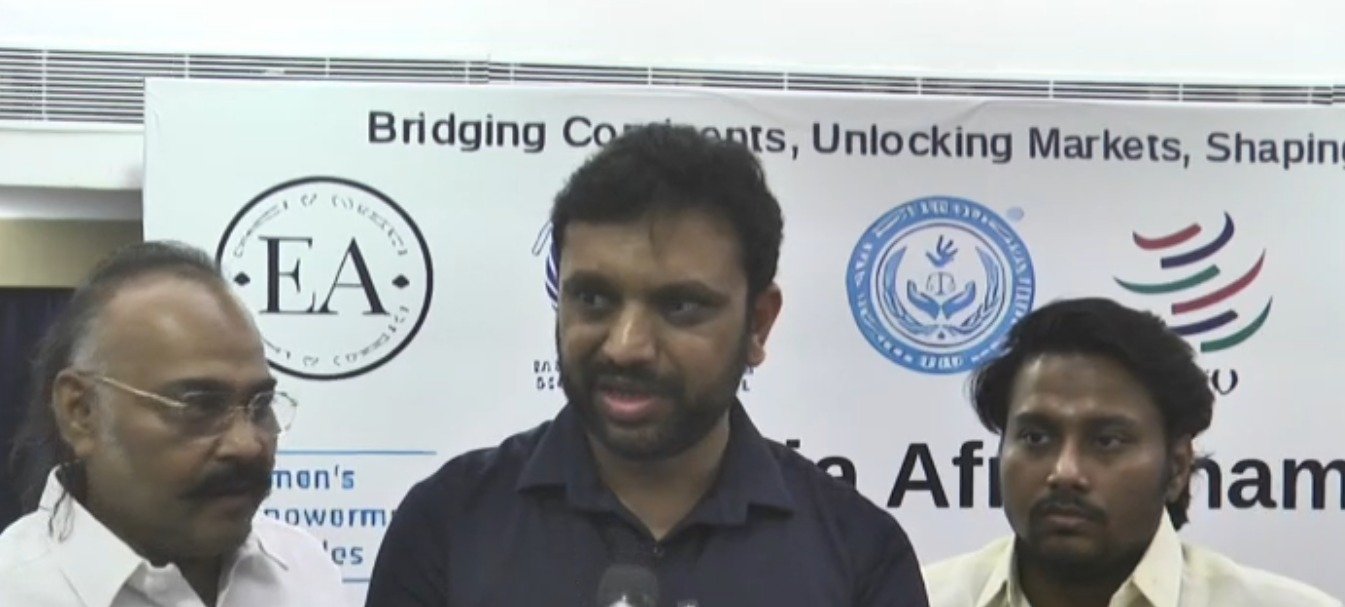
Hey folks, if you’re driving a car or bike in South Korea, this update might catch your attention. The transport ministry just announced that five big automakers—Hyundai Motor, Ford Sales Service Korea, DNA Motors, Mercedes-Benz Korea, and Stellantis Korea—are voluntarily recalling a whopping 40,380 vehicles. This covers 16 different models, all to fix potential safety defects and keep drivers safe on the road.
Let’s break down the main problems they’re tackling. For Hyundai’s popular Palisade SUV, the issue is a weak hood latch that could fail and cause accidents. Ford’s Explorer SUV has defective seat belt buckle bolts, which might not hold up in a crash. DNA Motors is pulling back their UHR125 motorcycle because of a faulty sensor that could mess with performance. Mercedes-Benz Korea flagged loose steering system parts in the GLC 300 4MATIC, making it harder to control the vehicle. And for Stellantis Korea’s Jeep Wrangler, faulty antenna cables are the culprit.
Worried about your ride? No stress—head over to the official government website at www.car.go.kr to check if your vehicle is part of this car recall in South Korea. It’s quick and easy, and getting it fixed is free.
This isn’t the first time automakers are stepping up for vehicle safety. Back in June, Hyundai Motor, Jaguar Landrover Korea, GS Global Corp., and GM Asia-Pacific (the South Korean arm of General Motors) recalled 14,708 units across 19 models due to faulty components. They acted fast to prevent any risks.
Fast-forward to May, and Kia Corp., BMW Korea, and Hyundai Motor Co. recalled over 16,577 vehicles from 14 models. Kia’s Seltos was a big one here, with 12,949 units affected by a high-pressure fuel pipe defect that could leak fuel and spark a fire hazard. Safety first, right?
Even earlier in April, brands like Volvo Car Korea, Mercedes-Benz Korea, Man Truck & Bus Korea, and a couple more foreign carmakers recalled more than 117,000 vehicles for manufacturing defects. It’s clear these companies are on top of things to ensure road safety in South Korea.
These voluntary recalls show how automakers prioritize fixing issues before they turn into bigger problems. If you’re in South Korea or following global auto news, keep an eye on updates—staying informed could save lives!





